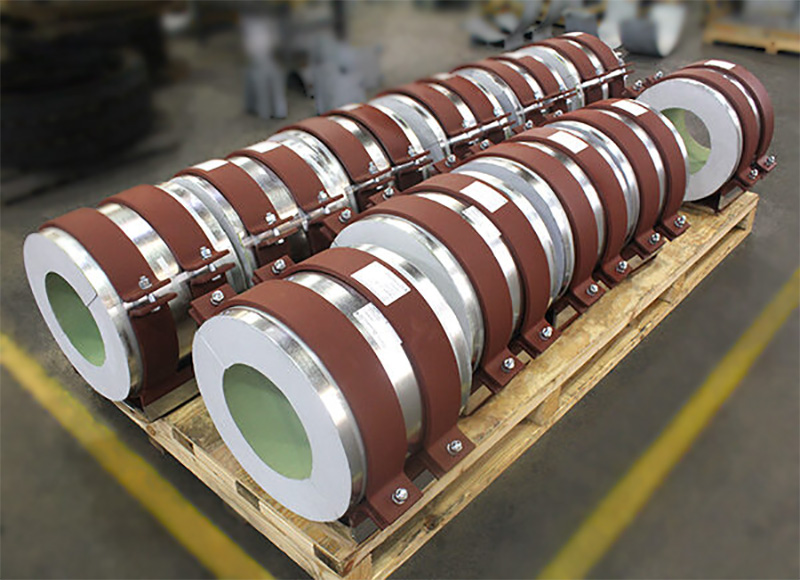In industrial piping systems, the challenges posed by extreme temperatures require specialized solutions. Cryogenic pipe supports, commonly known as cold shoes, meet the unique requirements of cryogenic applications. Material selection is a very important factor, as it ensures suitability for sub-zero environments to improve system longevity and reliability.
The technical functionality of cryogenic pipe supports is based on their ability to provide effective thermal insulation and support in cryogenic applications. These carriers are designed to minimize heat transfer, making it easier to maintain the low temperatures necessary for processes such as the transportation or storage of liquefied natural gas (LNG). The selected materials play a key role in achieving thermal insulation, preventing the ingress of heat that could compromise the efficiency and safety of cryogenic systems.
More About Cryogenic Pipe SupportsView Product Page
Cryogenic pipe supports find practical use in extreme cold conditions, especially in industries dealing with the transport, storage or processing of cryogenic substances. These supports effectively mitigate heat transfer from the piping to the supporting structure, ensuring that temperature-sensitive contents remain within the desired operating range. This makes cryogenic pipe supports essential for preserving the integrity of cryogenic piping systems, preventing structural problems caused by thermal shrinkage, and ensuring overall operational safety.
Piping Technology & Products provides a wide range of cryogenic pipe supports adapted to the specific requirements of cryogenic applications. The company’s commitment to precision engineering ensures that these cold shoes deliver optimal performance, offering effective thermal insulation and support in extremely cold environments.
Emphasis on robust structural components and effective thermal insulation make these mounts well suited for cryogenic applications. Piping Technology & Products offers modern solutions that have practical applications in preserving the integrity of cryogenic piping systems.







